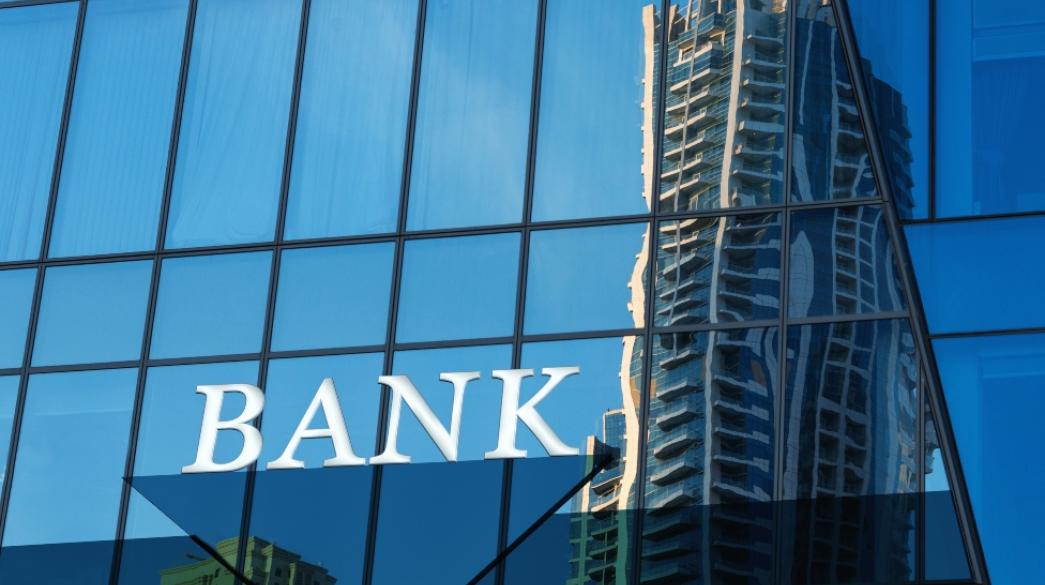Ties between banks and the Greek state are becoming very close, especially after the outbreak of the pandemic, raising concerns among observers, ranging from the European Commission to the Bank of Greece, over risks this poses to the stability of the banking system and the country’s fiscal policy.
The catastrophic public debt restructuring (PSI) of a decade ago, which overnight drained all the funds of the banking system and forced the lenders to recapitalize, is an example of the dangers posed by the close links between the two sides, which everyone would prefer to forget. Of course, the state-bank nexus does not have to end up with such an extreme result, such as the PSI, to raise concerns about the macroeconomic and financial risks it poses. It is no coincidence that the European Commission highlighted this issue in its enhanced surveillance reports. In its last (10th) report, the Commission emphasized that:
- The large share of deferred tax credits in the banks' capital, the increase in bank bond placements, the state's shareholding in the banking sector and the state guarantees in securitizations through the "Hercules" plan indicate a strong state-bank interconnection, which should be closely monitored in the future.
The Bank of Greece made some similar remarks in its latest Financial Stability report, which included a study on the interconnection of state-banks, whose findings are quite worrying, as the problem, at least in quantitative terms, seems to have taken on a larger dimension than ever before since 2010, although it has clearly different quality characteristics (today the state is not on the verge of bankruptcy, as it was 10 years ago) .
As noted by the Bank of Greece:
- The issue of the high and ever-increasing interconnection of the banking system with the central government needs attention.
- In June 2018, the interconnection amounted to 13.8 percent of total assets and 18.4 percent as a percentage of GDP, while at the end of 2020 it has now reached 21.4 percent of total assets and 36 5 percent as a percentage of GDP.
- Given the holding rates of Greek government securities by banks and bond valuations that remain high, a sharp adjustment in their prices due to an unexpected deterioration in macroeconomic data and tightening of financing conditions could lead to increased volatility and reduction of market liquidity.
- Overall, the exposures of major banks to Greek government debt securities are estimated to remain high for a significant period of time and, consequently, the risk of changes in the valuation of Greek government securities will remain.
- Similarly, ties between banks with the central government through deferred tax credits (DTC), which at the end of 2020 amounted to 53 percent of banks' supervisory capital, is also expected to increase if no action is taken.
Broader risks
- The level of exposures of Greek banks to Greek government bonds will remain high for a long time.
- Withdrawal of government support measures to borrowers will put pressure on bank balance sheets through a possible deterioration in the quality of their assets.
- The links from the two sides may reduce the banking system's ability to act as a mediator, and at the same time may force central governments to take measures to support the banking system.



